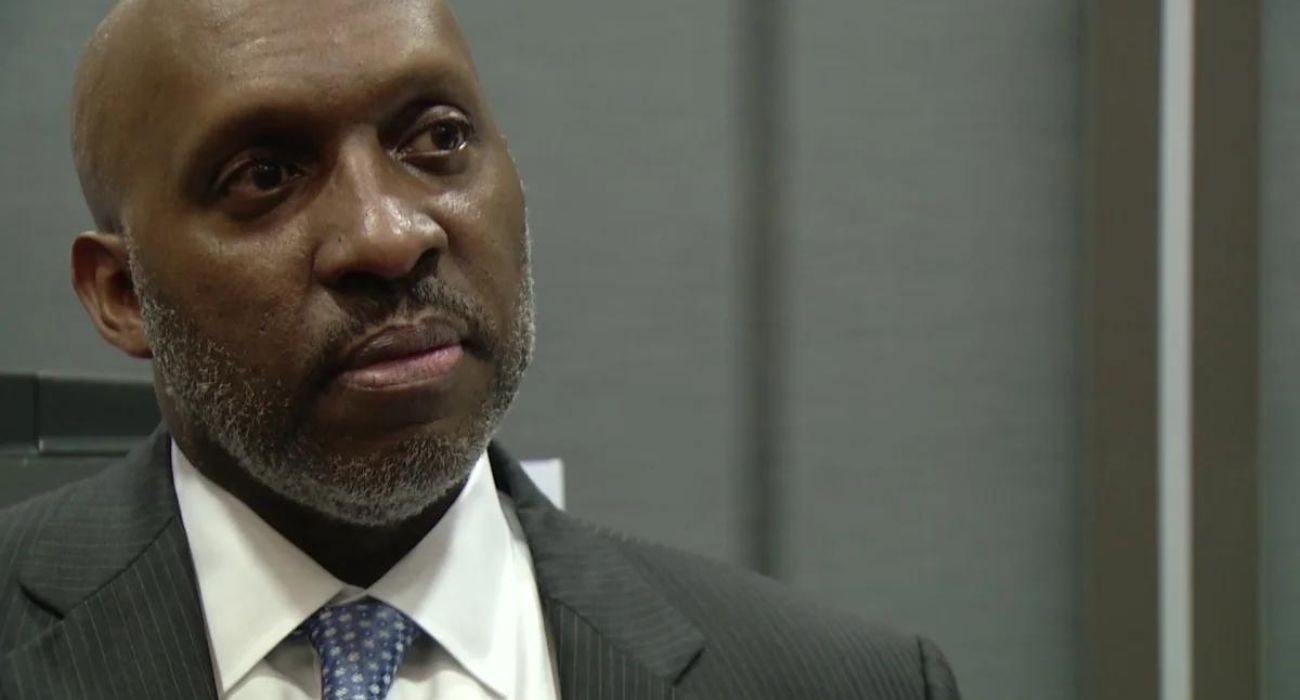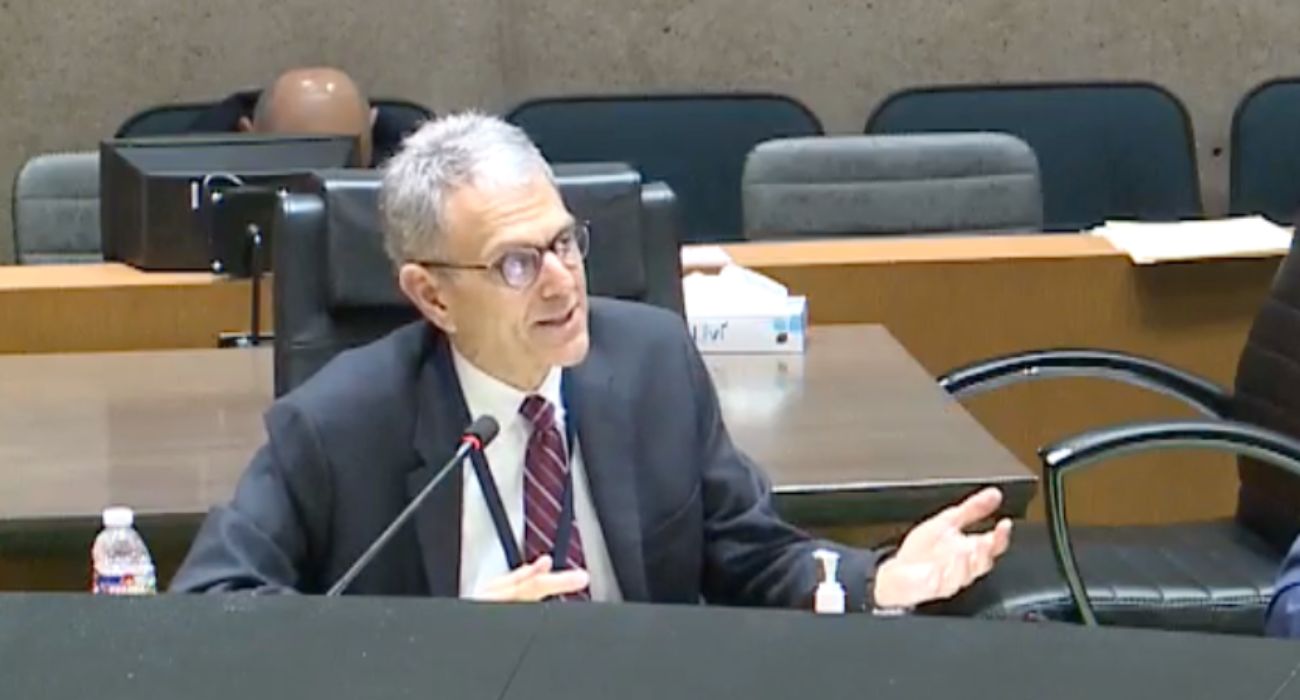Andrew Espinoza, director of the City of Dallas Development Services Department (DSD), and Vernon Young, the assistant director of the department, met with members of the Dallas City Council Economic Development Committee (EDC) on March 6 to provide an update on single-family permitting metrics and goals for the remainder of the fiscal year.
The DSD is responsible for issuing construction permits and ensuring sustainable land development in Dallas, but the department has struggled with excessively long turnaround times and a substantial backlog of permit applications, as previously reported by The Dallas Express.
One prominent issue that limited DSD’s ability to reduce permit turnaround times over the year was the failure to hire and retain qualified personnel. In January and February of this year, the department reported a 20% vacancy rate.
The department has struggled to recruit and onboard multi-disciplined engineers and plan examiners, according to DSD’s Monthly Technology and Metrics Review (MTMR) presentation.
A second major problem that appears to frustrate some EDC members is DSD’s alleged lack of communication with the various departments responsible for signing off on permit applications. These include the Building Inspection Division, Water Utility Department (WUD), the Fire-Rescue, and the Sustainable Development and Construction Department, according to the City’s online permit center.
“No one wants to get into the horseshoe and call out another department, which I’m not asking you to do, but how do we assess if the process is working when departments aren’t coordinating with each other?” asked Dallas City Council Member Chad West of District 1.
“I believe it takes all the departments working together to come up with good policy and understandings that facilitate the permitting process,” Espinoza told committee members. “But how we measure success will ultimately depend on evidence of reduced turnaround times and declining concerns from the development community.”
“Daily work operations have resulted in [DSD] neglecting to meet, collaborate, and brainstorm with other departments like WUD and Fire on bringing forward policies that can really make a change,” Espinoza said.
Since taking over the role of chief building official in June, Espinoza and his staff have launched a number of new initiatives and outreach programs, attempted a technological overhaul, and made efforts to improve the department’s internal culture.
However, nearly a full year into the crisis, the DSD has not yet found an effective solution to the problem of extended permit turnaround times.
Council Member Tennell Atkins of District 8 believes the communication problems between departments could be solved by gathering the heads of each department into a single room and having them hammer it out until a solution is identified.
“Bring the departments to the table and ask them, ‘What is the issue?'” Atkins said during the meeting. “That way, we might conclude this and move these permits faster.”
Still, Espinoza and Young remain confident that the department is on the right trajectory, despite some of the setbacks and hurdles faced in 2022.
To address issues with staffing, DSD said it is interviewing and hiring engineers from disciplines other than civil engineering, such as electrical, mechanical, and computer engineers. The department is also hiring plan examiners who may not have an engineering degree but know how to read plans. Finally, the department will expand job fairs to other universities and institutions for recruitment.
DSD noted in its presentation that consulting firms have been providing offer letters to engineering students in their junior year, hampering the City’s recruitment efforts.
To remedy this, Atkins argued that the City of Dallas should be offering a higher market rate to job applicants in an effort to attract, onboard, and retain the right talent. Dallas City Manager T.C. Broadnax, who is ultimately responsible for the permitting process and current backlog, earns an annual salary of $423,000, as previously reported by The Dallas Express.
As part of the department’s plan for 2023, DSD says it will continue attempting to reduce review times for new single-family permits, with a three- to five-day turnaround goal. It will also monitor and track Q-Team outcomes, continue the department’s Saturday pop-up permitting events and its Lunch and Learn proactive educational training sessions, and finalize details for its self-certification program.







“Bring the departments to the table and ask them, ‘What is the issue?’” Atkins said during the meeting. “That way, we might conclude this and move these permits faster.”
While this is a good second step, the first step is to get someone in who understands process management practices, and DEFINE and map out the entire process, MEASURE each step of the process, ANALYZE and understand the bottlenecks and where the most time is spent in the process, then identify and implement IMPROVEMENTS to the process and finally put CONTROLS in place to ensure the improvements worked and, if the improvements did work, ensure the improvements keep working.
Without doing the DEFINE, MEASURE, ANALYZE phase you should not bring the departments to the table. The departments should be brought in during the IMPROVEMENT phase once it understood where the problems areas are, who the Owners of the problems areas are and have some knowledge of what can be done.
This is amateur hour at this point if some type of process improvement strategy is not in place.